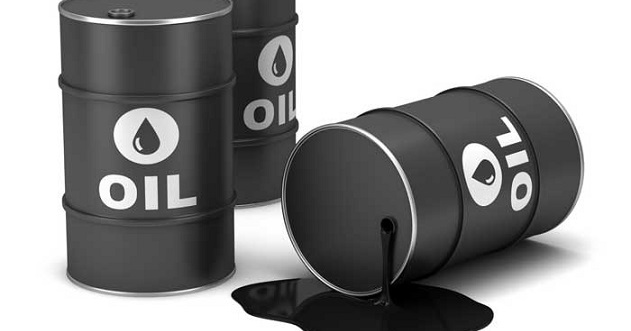Business
Uptick in crude oil price raises hope for Nigerian govt’s revenue projection

The uptick in crude oil price pushes the Federal Government closer to its revenue projection, as tight control on oil production by OPEC members is expected to maintain recovery in the first quarter of 2021 – and possibly hand Nigeria its revenue projection.
In January, oil prices gained 8% following agreement among OPEC members to pump oil into the market. The pact among crude oil producing nations have proven vital to oil price recovery as disagreement between Saudi Arabia and Russia in Q1 2020 had pushed crude oil price down to $35 per barrel.
Restriction on movements caused by measures to curb spread of COVID-19 had dampened oil demand, coupled with the price war between Saudi Arabia and Russia, oil price crashed to as low as $19.33 in April 2020.
But following an agreement between the two global oil leaders in the same month, oil price began to recover – oil prices was also propelled by reopening of global economies following a long lockdown caused by the pandemic.
Read also: NNPC nets $378.42m from crude oil sale in June
Since December, crude has been trading above $50, at last check, 8:00 am on Tuesday by Ripples Nigeria, crude oil sold for $56.93, a 1.03% increase above previous day trade of $56.88. In May, OPEC members are expected to cut output again.
The uptick in the oil price positions President Muhammadu Buhari’s administration to assume its revenue projection. The realisation of the government’s budget is based on crude selling above $40 per barrel – which is the 2021 budget benchmark – but tied to production of 1.86 million barrels per day.
With crude selling above $50, the government could balance its budget and achieve its N6.6 trillion revenue projection this year. However, N3.1 trillion of the revenue will be spent to service debt in 2021, as FG’s projected debt service to revenue ratio is 46.9%.
Currently, Nigeria’s External and Domestic debt is placed at N32.22 trillion as of September 2020.
By Fakoyejo Olalekan…
Join the conversation
Support Ripples Nigeria, hold up solutions journalism
Balanced, fearless journalism driven by data comes at huge financial costs.
As a media platform, we hold leadership accountable and will not trade the right to press freedom and free speech for a piece of cake.
If you like what we do, and are ready to uphold solutions journalism, kindly donate to the Ripples Nigeria cause.
Your support would help to ensure that citizens and institutions continue to have free access to credible and reliable information for societal development.




















